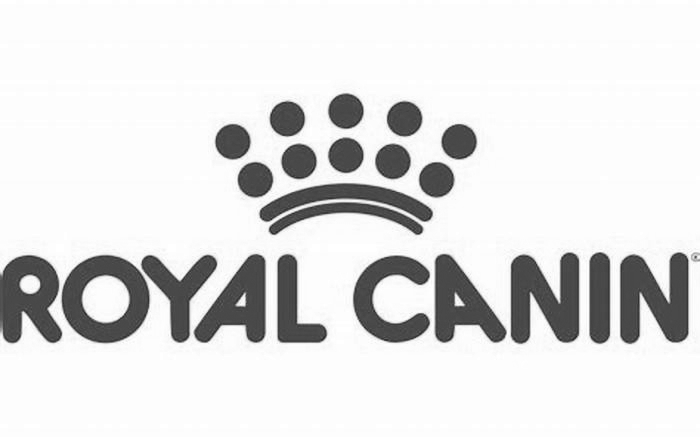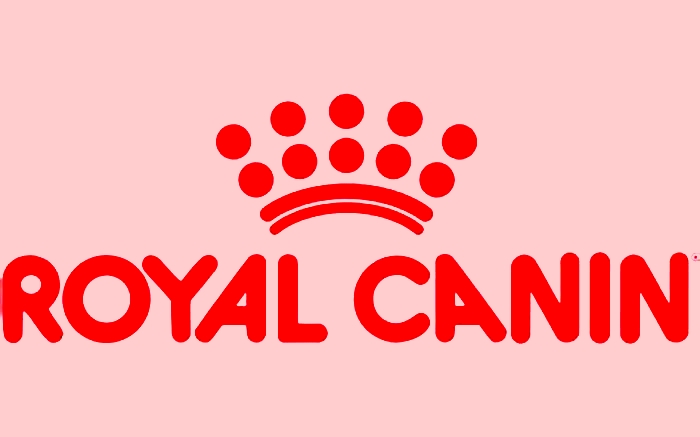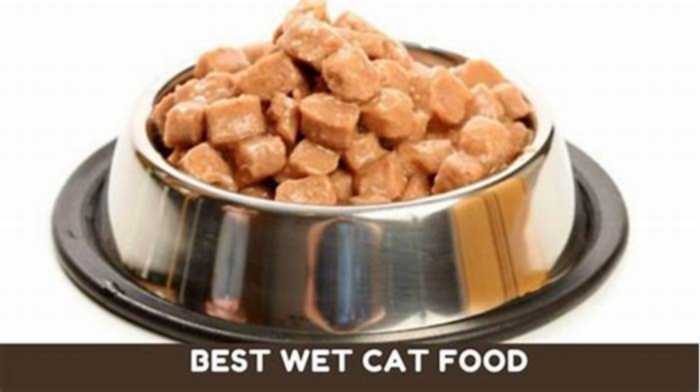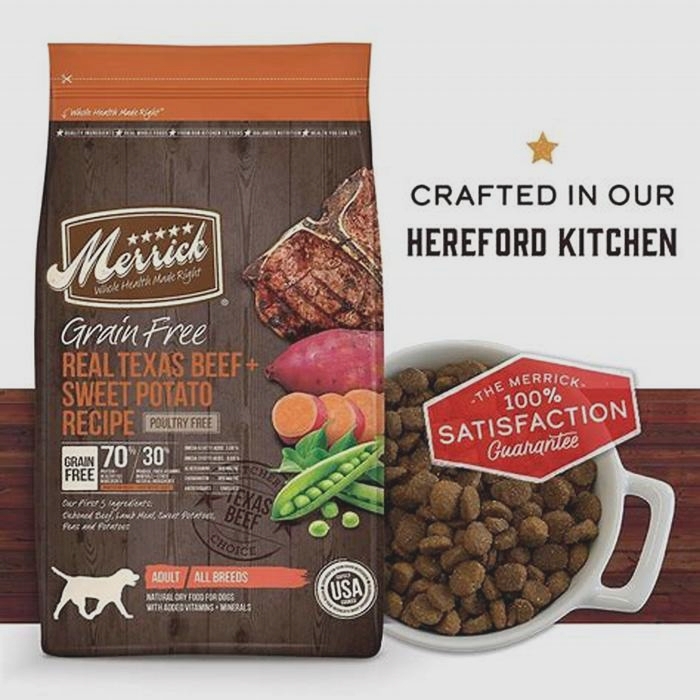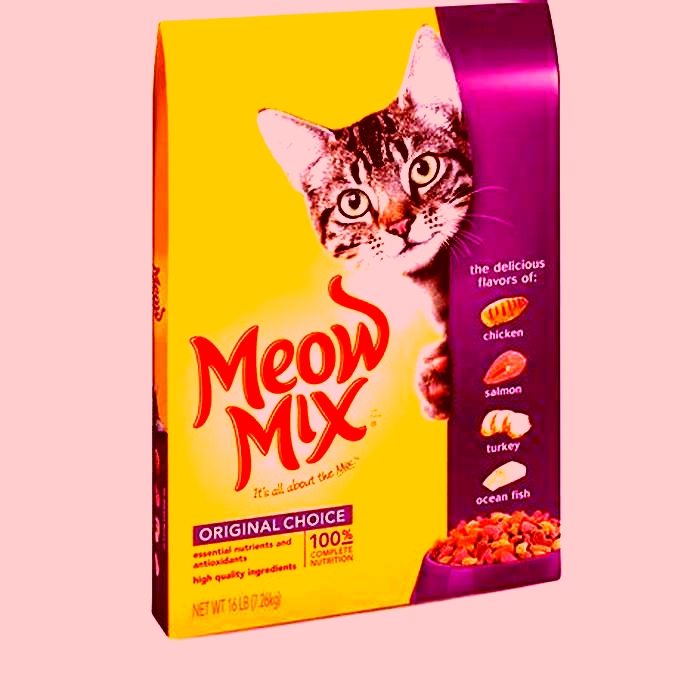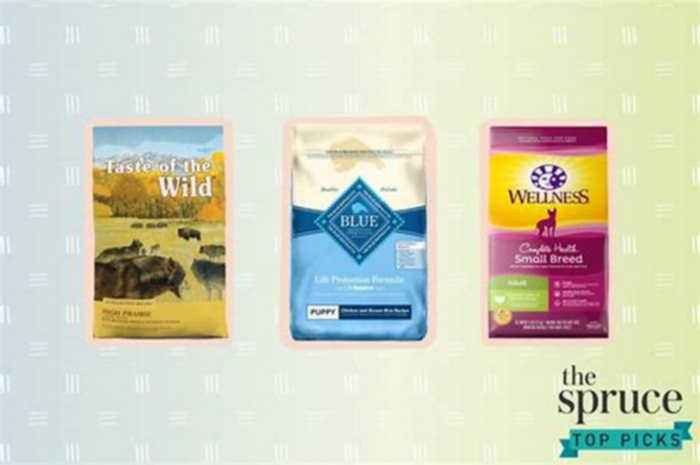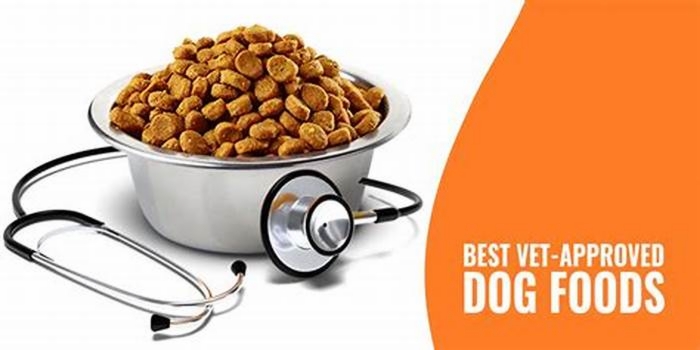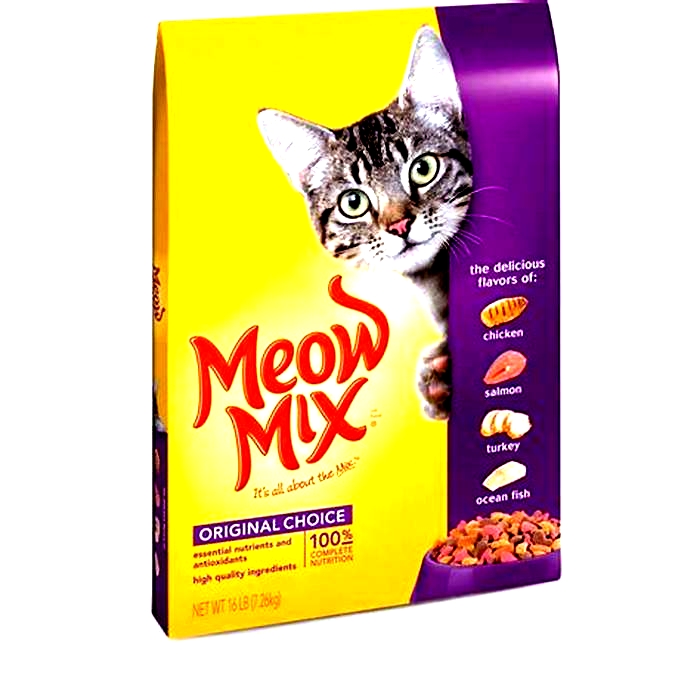Which brand is better than Royal Canin
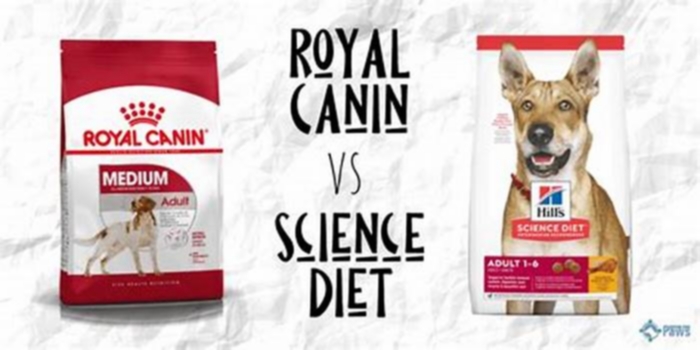
Eukanuba vs. Royal Canin

Eukanuba vs. Royal Canin
In this comparison article for Eukanuba vs Royal Canin, we'll highlight the key differences between these two pet food brands. To properly compare Eukanuba and Royal Canin, we'll use up-to-date nutritional and price information.
There are many factors to consider when choosing the best pet food brand for your pet. Factors such as ingredient quality, guaranteed analysis, product safety, brand history, and cost are among the most important factors to consider.
Throughout this Royal Canin vs Eukanuba comparison, we've utilized average data to make general comparisons. If you'd like to see individual product reviews, visit our Eukanuba Review Page or Royal Canin Review Page.
Guaranteed Analysis: Royal Canin vs. Eukanuba
According to AAFCO, all pet food labels must provide a guaranteed analysis of nutrient content. The analysis must provide guaranteed minimum percentages of crude protein and crude fat, and maximum percentages of crude fiber and moisture.
All percentages used in this comparison are averages reported on a dry matter basis.
Eukanuba Dog Food vs. Royal Canin Dog Food
| Dry Dog Food | Eukanuba | Royal Canin |
| Crude Protein | 29.0% | 27.8% |
| Crude Fat | 16.5% | 16.2% |
| Crude Fiber | 4.5% | 4.7% |
| Wet/Canned Dog Food | Eukanuba | Royal Canin |
| Crude Protein | 41.2% | 36.8% |
| Crude Fat | 21.0% | 20.0% |
| Crude Fiber | 7.8% | 11.7% |
Crude Protein Comparison For Dog Food
Protein is an extremely important part of your dog's diet. Without sufficient protein, dogs can develop a wide-range of serious health problems.
Both brands provide roughly the same amount of crude protein. For wet dog foods, Eukanuba provides more protein (about 4.39% more).
Crude Fat Comparison For Dog Food
Dietary fats serves a multitude of roles in the proper development and function of our canine companions. Here are some of the benefits (not exhaustive):
- Help produce prostaglandins, which reduce inflammation among other critical functions.
- Aid in the absorption of fat-soluble vitamins
- Improve skin and coat health
- Improve the palatially of your dog's food
As you can see, Royal Canin and Eukanuba guarantee a similar amount of crude fat. With regards to wet dog food, Eukanuba and Royal Canin also provide roughly the same amount of crude fat.
Eukanuba and Royal Canin both provide roughly the same amount of crude fiber. For wet dog foods, Royal Canin typically provides a little more fiber (about 3.89% more).
Eukanuba Pet Food Ingredients vs. Royal Canin Pet Food Ingredients
Eukanuba and Royal Canin both use the following controversial ingredients in many of their products:
CornCorn is a cereal grain which provides a modest amount of vitamins, minerals, and plant based protein. It also happens to be one of the most controversial ingredients in pet food.
Proponents of corn claim that corn is highly digestible and an excellent source of protein, energy, vitamins, minerals, and essential fatty acids.
Opponents however believe that positive claims in regards to corn are either half-truths or completely false, we'll discuss a few of the opposing arguments.
In regards to digestibility, the claims of "highly digestible" are only true if corn is processed into a meal or flour and subsequently cooked. In regards to the protein contribution, we must note that corn is a plant based protein which does not contain all of the necessary amino acids required by pets to sustain life. Therefore substituting corn for meat is an unsuitable substitution and actually degrades the overall protein quality of the product.
Finally, we'll discuss the claims about vitamins and minerals in corn. Although corn does provide many vitamins and minerals, it not necessarily an exceptional ingredient in this regards. There are many other ingredients which are more complete and biologically appropriate. Therefore the usage of corn as the primary ingredient in pet food should certainly warrant further questioning.
WheatWheat is regarded as an inexpensive and low-quality filler in pet food. However, wheat does provide plant-based protein and makes pet food more affordable for consumers. It's important to note that plant based protein does not provide the same amino acid profile as meat based protein.
CaramelCaramel is a widely used natural food colorant. The concentrated form of caramel is typically listed as caramel color and has been linked to cancer in laboratory animals. Since our pets do not care about food color, caramel is an unnecessary addition with possible health risks.
Corn MealCorn meal is another name for ground corn. Corn is a cereal grain which provides a modest amount of vitamins, minerals, and plant based protein. It also happens to be one of the most controversial ingredients in pet food.
Proponents of corn claim that corn is highly digestible and an excellent source of protein, energy, vitamins, minerals, and essential fatty acids.
Opponents however believe that positive claims in regards to corn are either half-truths or completely false, we'll discuss a few of the opposing arguments.
In regards to digestibility, the claims of "highly digestible" are only true if corn is processed into a meal or flour and subsequently cooked. In regards to the protein contribution, we must note that corn is a plant based protein which does not contain all of the necessary amino acids required by pets to sustain life. Therefore substituting corn for meat is an unsuitable substitution and actually degrades the overall protein quality of the product.
Finally, we'll discuss the claims about vitamins and minerals in corn. Although corn does provide many vitamins and minerals, it not necessarily an exceptional ingredient in this regards. There are many other ingredients which are more complete and biologically appropriate. Therefore the usage of corn as the primary ingredient in pet food should certainly warrant further questioning.
Pork PlasmaPork plasma is the colorless fluid part of a pig's blood. It may sound disgusting, but it's actually very nutritious for pets. Regardless of the nutritional aspects, consumers are shocked by this ingredient, which is why pork plasma is considered a controversial ingredient.
Brewers RiceBrewer's rice is the small fragments of rice kernel that are separated from the larger kernels of milled rice. The fragments do not contain the same nutrition profile of the whole kernel and therefore brewer's rice is a lower quality grain. Brewer's rice is typically regarded as an inexpensive and low quality filler.
Wheat GlutenWheat gluten is the main protein of wheat. Although wheat gluten is mostly protein, wheat gluten is considered controversial because it significantly boosts the protein content of the product. This is undesirable because plant based protein does not provide the same amino acid profile as meat based protein.
Vegetable OilSpecific vegetable oils are typically positive ingredients; however, this ingredient does not specify which vegetable(s) were used to produce the oil.
Without this information, it is impossible for us to make any specific statements. With any fat source, it is important to know the omega-3 to omega-6 fatty acid ratio, a property which cannot be determined with this ingredient. Thus, we have marked vegetable oil as a controversial ingredient.
Corn Gluten MealCorn gluten meal is a by-product from the production of various corn products (corn starch, corn syrup, etc). It's very high in protein (nearly 60% protein) and therefore can significant boost the protein content of the product. Because plant based proteins such as corn gluten meal are inferior to meat based proteins (lack many essential amino acids), they are not suitable substitutes.
Pork By-ProductsBy-products are defined by AAFCO as the "non-rendered, clean parts, other than meat, derived from slaughtered mammals." Thus, pork by-products contain nearly all parts of pork which are typically not consumed by humans. These parts include the liver, lung, spleen, kidney, stomach, blood, intestine, bone, etc.
Like other meat by-products, pork by-products are considered controversial, mainly because they are inexpensive ingredients which consumers have equated with slaughterhouse waste. However, manufactures and many experts claim that animal by-products are unjustly criticized. Proponents state that "named" by-products, such as pork by-products, supply many important nutrients required by pets.
Brewers Rice FlourBrewer's rice flour is powdered brewer's rice. Brewer's rice is the small fragments of rice kernel that are separated from the larger kernels of milled rice. It's important to note that brewer's rice does not contain the same nutrition profile as regular whole grain rice. Thus, brewer's rice is typically regarded as an inexpensive and low quality filler.
Powdered CellulosePowdered cellulose is produced from minuscule pieces of wood pulp and plant fibers. Other than its fiber content, powdered cellulose lacks any nutritional contribution.
Chicken By-ProductsBy-products are defined by AAFCO as the "non-rendered, clean parts, other than meat, derived from slaughtered mammals." Thus, chicken by-products contain nearly all parts of the chicken which are typically not consumed by humans. These parts include the liver, lung, spleen, kidney, stomach, blood, intestine, bone, etc.
Like other meat by-products, chicken by-products are considered controversial, mainly because they are inexpensive ingredients which consumers have equated with slaughterhouse waste. However, manufactures and many experts claim that animal by-products are unjustly criticized. Proponents state that "named" by-products, such as chicken by-products, supply many important nutrients required by pets.
Dried Tomato PomaceDried tomato pomace is a by-product of tomato manufacturing. It's considered a controversial ingredient because many people believe it is an inexpensive low quality filler. However, tomato pomace provides a notable amount of dietary fiber, B vitamins, Lycopene, and vitamin A. Although it is a very inexpensive ingredient, it is not nutritionally empty.
Chicken By-Product MealChicken by-product meal is produced by cooking chicken by-products using a process called rendering. By-products are defined by AAFCO as the "non-rendered, clean parts, other than meat, derived from slaughtered mammals." Thus, chicken by-products contain nearly all parts of chickens which are typically not consumed by humans. These parts include the liver, lung, spleen, kidney, stomach, blood, intestine, bone, etc.
Like other meat by-products, chicken by-products are considered controversial, mainly because they are inexpensive ingredients which consumers have equated with slaughterhouse waste. However, manufactures and many experts claim that animal by-products are unjustly criticized. Proponents state that "named" by-products, such as chicken by-products, supply many important nutrients required by pets.
Here are some of the controversial ingredients used only by Eukanuba.
Caramel ColorCaramel color is a concentrated form of caramel, a natural food colorant. Caramel color has been linked to cancer in laboratory animals. Since our pets do not care about food color, caramel color is an unnecessary addition with possible health risks.
Beef By-ProductsBy-products are defined by AAFCO as the "non-rendered, clean parts, other than meat, derived from slaughtered mammals." Thus, beef by-products contain nearly all parts of the beef which are typically not consumed by humans. These parts include the liver, lung, spleen, kidney, stomach, blood, intestine, bone, etc.
Like other meat by-products, beef by-products are considered controversial, mainly because they are inexpensive ingredients which consumers have equated with slaughterhouse waste. However, manufactures and many experts claim that animal by-products are unjustly criticized. Proponents state that "named" by-products, such as beef by-products, supply many important nutrients required by pets.
Here are some of the controversial ingredients used only by Royal Canin.
Corn FlourCorn flour a ground cereal grain which provides a modest amount of vitamins, minerals, and plant based protein. It also happens to be one of the most controversial ingredients in pet food.
Proponents of corn claim that corn is highly digestible and an excellent source of protein, energy, vitamins, minerals, and essential fatty acids.
Opponents however believe that positive claims in regards to corn are either half-truths or completely false, we'll discuss a few of the opposing arguments.
In regards to digestibility, the claims of "highly digestible" are only true if corn is processed into a meal or flour and subsequently cooked. In regards to the protein contribution, we must note that corn is a plant based protein which does not contain all of the necessary amino acids required by pets to sustain life. Therefore substituting corn for meat is an unsuitable substitution and actually degrades the overall protein quality of the product.
Finally, we'll discuss the claims about vitamins and minerals in corn. Although corn does provide many vitamins and minerals, it not necessarily an exceptional ingredient in this regards. There are many other ingredients which are more complete and biologically appropriate. Therefore the usage of corn as the primary ingredient in pet food should certainly warrant further questioning.
Corn GritsCorn grits are made from ground corn. Corn is a cereal grain which provides a modest amount of vitamins, minerals, and plant based protein. It also happens to be one of the most controversial ingredients in pet food.
Proponents of corn claim that corn is highly digestible and an excellent source of protein, energy, vitamins, minerals, and essential fatty acids.
Opponents however believe that positive claims in regards to corn are either half-truths or completely false, we'll discuss a few of the opposing arguments.
In regards to digestibility, the claims of "highly digestible" are only true if corn is processed into a meal or flour and subsequently cooked. In regards to the protein contribution, we must note that corn is a plant based protein which does not contain all of the necessary amino acids required by pets to sustain life. Therefore substituting corn for meat is an unsuitable substitution and actually degrades the overall protein quality of the product.
Finally, we'll discuss the claims about vitamins and minerals in corn. Although corn does provide many vitamins and minerals, it not necessarily an exceptional ingredient in this regards. There are many other ingredients which are more complete and biologically appropriate. Therefore the usage of corn as the primary ingredient in pet food should certainly warrant further questioning.
Corn SyrupCorn syrup is made from corn starch and it's typically used as a thickener, sweetener, and humectant (keeps the product moist). It's considered controversial because it can raise a pet's blood sugar to unhealthy levels. Of course this concern may be nullified if the syrup is used in very small quantities.
Rice HullsRice hulls, also called rice husks, are the outer layer of grains of rice. This ingredient is regarded as an inexpensive and low quality by-product. Rice hulls are high in fiber and mostly serve as fillers in pet food.
Beef PlasmaBeef plasma is the colorless fluid part of a cow's blood. It may sound disgusting, but it's actually very nutritious for pets. Regardless of the nutritional aspects, consumers are shocked by this ingredient, which is why beef plasma is considered a controversial ingredient.
Canola MealCanola meal is a high protein by-product of canola oil production. This ingredient is marked controversial because it may be derived from genetically modified rapeseed, which is associated with multiple adverse health affects.
Pea ProteinPea protein is produced by removing the starchy parts of peas. Pea protein is considered controversial because it provides a substantial plant based protein boost. This boost is undesirable because plant based protein is typically lower in biological value when compared to meat based proteins.
Tomato PomaceTomato pomace is a by-product of tomato manufacturing. It's considered a controversial ingredient because many people believe it is an inexpensive low quality filler. However, tomato pomace provides a notable amount of dietary fiber, B vitamins, Lycopene, and vitamin A. Although it is a very inexpensive ingredient, it is not nutritionally empty.
Propyl GallatePropyl gallate is an artificial preservative with possible links to xenoestrogens, a hormone-like compound which can cause reproductive health issues.
Venison By-ProductsBy-products are defined by AAFCO as the "non-rendered, clean parts, other than meat, derived from slaughtered mammals." Thus, venison by-products contain nearly all parts of venison which are typically not consumed by humans. These parts include the liver, lung, spleen, kidney, stomach, blood, intestine, bone, etc.
Like other meat by-products, venison by-products are considered controversial, mainly because they are inexpensive ingredients which consumers have equated with slaughterhouse waste. However, manufactures and many experts claim that animal by-products are unjustly criticized. Proponents say that "named" by-products, such as venison by-products, supply many important nutrients required by pets.
Duck By-Product MealDuck by-product meal is produced by cooking duck by-products using a process called rendering. By-products are defined by AAFCO as the "non-rendered, clean parts, other than meat, derived from slaughtered mammals." Thus, duck by-products contain nearly all parts of ducks which are typically not consumed by humans. These parts include the liver, lung, spleen, kidney, stomach, blood, intestine, bone, etc.
Like other meat by-products, duck by-products are considered controversial, mainly because they are inexpensive ingredients which consumers have equated with slaughterhouse waste. However, manufactures and many experts claim that animal by-products are unjustly criticized. Proponents state that "named" by-products, such as duck by-products, supply many important nutrients required by pets.
Soybean Protein IsolateSoy protein isolate is a highly refined/purified form of soy bean protein. Roughly 90% of soy protein isolate is protein. The inclusion of non-meat protein typically degrades the overall quality of protein in the recipe. This degradation is due to the inferior amino acid profile of plant based proteins.
Hydrolyzed Poultry By-Products AggregateHydrolyzed poultry by-products aggregate is basically highly processed "feather meal." The source is subjected to a process called hydrolysis. In this process, the protein source is broken down to the amino acid level. This is done to increase the digestibility of the protein.
We believe that certain pet food ingredients are linked to adverse health affects; these ingredients are classified as harmful.
Here are some of the harmful ingredients used only by Royal Canin.
BhaButylated hydroxyanisole (BHA) is an artificial preservative and possible cancer-causing agent. Studies have show that BHA can be linked to various tumors in laboratory animals.
Menadione Sodium Bisulfite ComplexMenadione sodium bisulfite complex is a synthetic version of vitamin K that has been linked to many health concerns. Research has suggested possible toxic reactions in liver cells and red blood cells among other serious problems. In fact, one large chemical supplier warns, "The substance is toxic to kidneys, lungs, liver, mucous membranes. Repeated or prolonged exposure to the substance can produce target organs damage."
Product Safety: Recall History of Eukanuba & Royal Canin?
Eukanuba has been recalled 2 times.
- Aug. 14, 2013: Salmonella
- July 30, 2010: Salmonella
Royal Canin has been recalled 3 times.
- May 11, 2007: Melamine
- April 19, 2007: Melamine
- Feb. 2, 2006: excess level of vitamin D3
Price Comparison: Which Brand Is More Expensive?
| Dry Dog Food | Eukanuba | Royal Canin |
| Per Pound | $2.58 | $7.31 |
| Per Calorie | $0.0015 | $0.0043 |
| Wet Dog Food | Eukanuba | Royal Canin |
| Per Pound | $4.59 | $6.33 |
| Per Calorie | $0.0101 | $0.0144 |
The average cost-per-lb is heavily influenced by the varying amounts of moisture present in each brand's food products (wet vs. dry food, dry vs. freeze-dried food, etc). However, the average cost-per-kcal eliminates the influence of moisture. Therefore, the average cost-per-kcal is the better metric to consider.
If you'd like to calculate the average cost-per-day or cost-pet-year of feeding Eukanuba or Royal Canin, input your pet's weight into our cost analyzer widget.
Averages price data can identify whether or not there exists a significant price difference between two brands. However, the actual price that you'll pay for Eukanuba or Royal Canin will depend on your shopping habits.
Pet owners who use our price comparison feature typically save more than 25% off retail prices for Eukanuba and Royal Canin. In addition, we currently have some great coupons for our readers.
Disclosure: PawDiet has an affiliate relationship with stores featured (or linked-to) in this article. We are compensated for referring customers. Thank you for shopping with our retail partners!
Where To Buy Eukanuba Pet Foods
You can purchase Eukanuba pet foods from the following stores:
25 Recipes In-Stock Today
22 Recipes In-Stock Today
18 Recipes In-Stock Today
Where To Buy Royal Canin Pet Foods
You can purchase Royal Canin pet food products from these retailers:
81 Recipes In-Stock Today
46 Recipes In-Stock Today
78 Recipes In-Stock Today
Type Of Pet Foods Available
| Product | Eukanuba | Royal Canin |
| Dry Dog Food | 31 Recipes | 89 Recipes |
| Wet Dog Food | 7 Recipes | 50 Recipes |
| Dog Treats | 8 Treats | 2 Treats |
| Dry Cat Food | None | 31 Recipes |
| Wet Cat Food | None | 31 Recipes |
| Cat Treats | None | 1 Treats |
Top Rated Eukanuba Recipes
Dog Food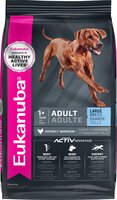
EukanubaAdult Large Breed Chicken Recipe
Check PriceDog Food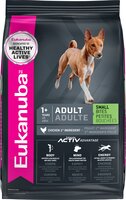
EukanubaAdult Small Bites Chicken Recipe
Check PriceDog Food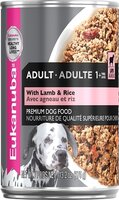
EukanubaCanned Dog Food With Lamb & Rice Loaf In Gravy For Adult Dogs
Check PriceDog Food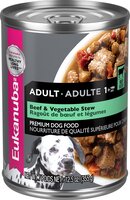
EukanubaCanned Dog Food Beef & Vegetable Stew For Adult Dogs
Check PriceTop Rated Royal Canin Recipes
Dog Food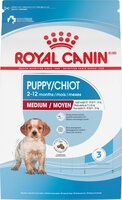
Royal CaninSize Health Nutrition Medium Puppy
Check PriceDog Food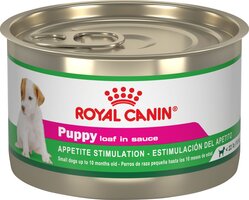
Royal CaninCanine Health Nutrition Puppy Appetite Stimulation
Check PriceCat Food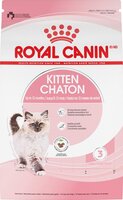
Royal CaninFeline Health Nutrition Kitten
Check PriceCat Food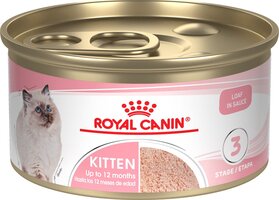
Royal CaninFeline Health Nutrition Kitten Loaf In Sauce
Check Price
